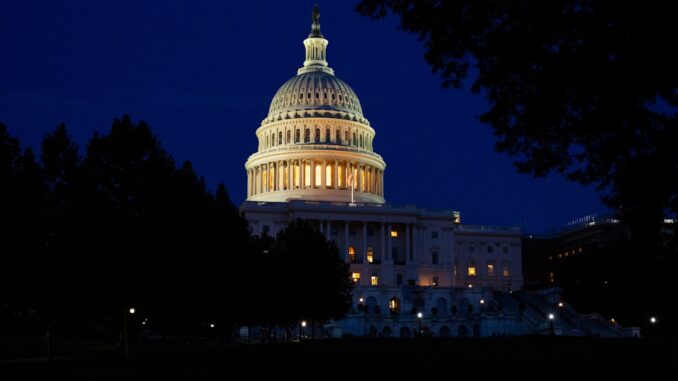
In August 2022, the Digital Commodities Consumer Protection Act (DCCPA) was introduced in the U.S. Senate, aiming to grant the Commodity Futures Trading Commission (CFTC) exclusive jurisdiction over digital commodities such as Bitcoin and Ether. This move sought to fill a significant regulatory gap in the oversight of digital asset trading platforms.
Defining Digital Commodities
The DCCPA defines digital commodities as fungible digital forms of personal property that can be transferred person-to-person without an intermediary. Excluded from this definition are securities, interests in physical commodities, and U.S.-backed digital currencies. The bill also specifies that the CFTC would not have jurisdiction over digital commodities used solely for the purchase or sale of a good or service.
Registration and Compliance Requirements
Under the proposed legislation, digital commodity platforms—including brokers, custodians, dealers, and trading facilities—would be required to register with the CFTC. These platforms would need to comply with risk management and good governance procedures, maintain sufficient financial resources, implement strong cybersecurity programs, protect customer assets, and report suspicious transactions. The bill also set forth recordkeeping requirements, conflict of interest standards, and other consumer protections.
Investor Identification, Introduction, and negotiation.
Bipartisan Support and Legislative Journey
The DCCPA garnered bipartisan support, with key sponsors including Senators Debbie Stabenow (D-MI), John Boozman (R-AR), Cory Booker (D-NJ), and John Thune (R-SD). Despite this support, the bill faced challenges in the legislative process and was not enacted before the 117th Congress adjourned on January 3, 2023.
Impact of FTX Collapse
The collapse of cryptocurrency exchange FTX in late 2022 underscored the need for comprehensive regulation in the digital asset space. The DCCPA was among the legislative responses considered to address the regulatory shortcomings exposed by the FTX debacle. However, the involvement of FTX’s former CEO, Sam Bankman-Fried, in lobbying for the bill raised concerns about potential conflicts of interest and the bill’s alignment with broader industry interests.
Future Prospects
As of October 2025, the DCCPA has not been reintroduced in Congress. The digital asset landscape continues to evolve, with ongoing discussions about the appropriate regulatory framework. Stakeholders await further legislative developments to determine the future of digital commodities regulation in the United States.
References
- Digital Commodities Consumer Protection Act. Wikipedia. (en.wikipedia.org)
- H.R.8950 – 117th Congress (2021-2022): Digital Commodities Consumer Protection Act of 2022. Congress.gov. (congress.gov)
- S.4760 – 117th Congress (2021-2022): Digital Commodities Consumer Protection Act of 2022. Congress.gov. (congress.gov)
- How the Digital Commodities Consumer Protection Act of 2022 would broaden the CFTC’s authority to regulate cryptocurrencies and other digital assets. DLA Piper. (dlapiper.com)
- Digital Commodities Consumer Protection Act Sam Bankman-Fried FTX fail. CNBC. (cnbc.com)


Be the first to comment